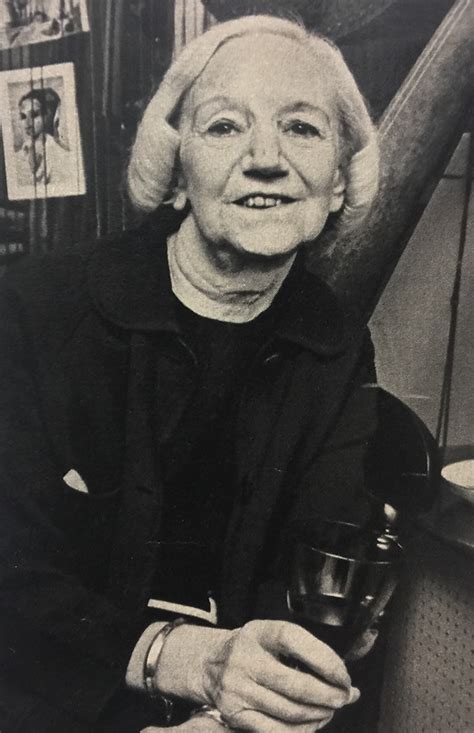A Quote by Thomas Huxley
As to sagacity, I should say that his judgement respecting the warmest place and the softest cushion in a room is infallible, his punctuality at meal times is admirable, and his pertinacity in jumping on people's shoulders till they give him some of the best of what is going, indicates great firmness.
Related Quotes
Men will imitate and admire his unmoved firmness, his inflexible conscience for the right; and yet his gentleness, as tender as a woman's, his moderation of spirit, which not all the heat of party could inflame, nor all the jars and disturbances of this country shake out of its place: I swear you to an emulation of his justice, his moderation, and his mercy.
If you saw Atlas, the giant who holds the world on his shoulders, if you saw that he stood, blood running down his chest, his knees buckling, his arms trembling but still trying to hold the world aloft with the last of his strength, and the greater his effort the heavier the world bore down upon his shoulders - What would you tell him?" I…don't know. What…could he do? What would you tell him?" To shrug.
Were I to go down into the market-place, armed with the powers of witchcraft, and take a peasant by the shoulders and whisper to him, 'In your lifetime, have you known peace?' wait for his answer, shake his shoulders and transform him into his father, and ask him the same question, and transform him in his turn to his father, I would never hear the word 'Yes,' if I carried my questioning of the dead back for a thousand years. I would always hear, 'No, there was fear, there were our enemies without, our rulers within, there was prison, there was torture, there was violent death.
Perhaps I had better inform my Protestant readers that the famous Dogma of Papal Infallibility is by far the most modest pretension of the kind in existence. Compared with our infallible democracies, our infallible medical councils, our infallible astronomers, our infallible judges, and our infallible parliaments, the Pope is on his knees in the dust confessing his ignorance before the throne of God, asking only that as to certain historical matters on which he has clearly more sources of information open to him than anyone else his decision shall be taken as final.
Some souls think that the Holy Spirit is very far away, far, far, up above. Actually he is, we might say, the divine Person who is most closely present to the creature. He accompanies him everywhere. He penetrates him with himself. He calls him, he protects him. He makes of him his living temple. He defends him. He helps him. He guards him from all his enemies. He is closer to him than his own soul. All the good a soul accomplishes, it carries out under his inspiration, in his light, by his grace and his help.
The man has a curious inborn conviction of his own superiority which is quite unshakeable. All his life he has bullied and browbeaten those around him by his high-and-mightiness and his atrocious temper. As a boy he terrorized his entire family by his tantrums, when, if thwarted, he would throw himself on the floor and yell till he went blue in the face. It has been much the same ever since. Everyone's terrified of his rages. He has only to start grinding his teeth, and people fall flat before him.
There are three infallible ways of pleasing an author, and the three form a rising scale of compliment: 1, to tell him you have read one of his books; 2, to tell him you have read all of his books; 3, to ask him to let you read the manuscript of his forthcoming book. No. 1 admits you to his respect; No. 2 admits you to his admiration; No. 3 carries you clear into his heart.




































